Government Announces Measures to Enhance Competitiveness of Autonomous Vehicle Industry “Full Commercialization of Autonomous Vehicles Targeted for 2027” Just as Tesla conducts autonomous driving research using data collected from vehicles it has sold, South Korean manufacturers will also be able to utilize data from their own vehicles. There are also plans to designate entire cities
Government Announces Measures to Enhance Competitiveness of Autonomous Vehicle Industry
“Full Commercialization of Autonomous Vehicles Targeted for 2027”
Just as Tesla conducts autonomous driving research using data collected from vehicles it has sold, South Korean manufacturers will also be able to utilize data from their own vehicles. There are also plans to designate entire cities as autonomous driving pilot zones to collect data. These measures, aimed at gathering vast amounts of data for autonomous driving like the United States and China, are expected to serve as an opportunity to elevate the technological level of South Korea.
On November 26, the Ministry of Land, Infrastructure and Transport and other relevant ministries held an Economic Ministers’ Meeting and Growth Strategy Task Force meeting to discuss measures to enhance the competitiveness of the autonomous vehicle industry. These steps are intended to lower regulatory barriers and secure large volumes of high-quality data. Currently, companies must collect video data using pre-designated vehicles for research and development purposes, and the data must be pseudonymized before use.
Going forward, amendments to the Personal Information Protection Act and the Autonomous Vehicles Act will allow the use of original, non-pseudonymized video footage. Using original footage can improve recognition accuracy by up to 25%. President Lee Jaemyung proposed this measure at the regulatory rationalization meeting held in September of this year.
The scope of data collection, previously limited to autonomous vehicles used for demonstration and research and development, will be expanded to include privately owned vehicles with the owner’s consent. Currently, there are only about 132 demonstration and research autonomous vehicles operating in South Korea, which limits the amount of data that can be collected. In contrast, Tesla collects data from vehicles with owner consent, with approximately 1.8 million vehicles sold worldwide, resulting in a massive volume of real-time accumulated data.
Starting next year, an entire city will be designated as a testbed where autonomous vehicles can operate. In Phoenix, the main testbed for Waymo in the United States, autonomous vehicles operate across an area of 815 square kilometers, which is larger than Seoul. Wuhan, China’s leading autonomous driving city, covers 3,000 square kilometers. The South Korean government plans to establish its own unique model by collaborating with large corporations and software startups, aiming to deploy more than 100 vehicles initially. In addition, the government will expand the operation of autonomous buses in rural and underserved areas. This dual approach is intended both to accumulate data and to improve services in areas with limited public transportation.
Transportation operators will also be able to obtain temporary operation permits for autonomous vehicles. If bus drivers receive relevant training, they will be able to operate the vehicles directly without the need for staff from development companies. Previously, only autonomous vehicle developers could obtain such permits. The fast-track approval process, which was previously limited to vehicles with steering wheels and pedals, will be expanded to cover all vehicle types.
In protected zones for vulnerable road users, companies will be allowed to operate vehicles temporarily if they develop their own safety plans. Currently, even temporarily approved autonomous vehicles must switch to manual mode in these zones. Safety plans may include measures such as operating at speeds below 30 km/h or avoiding operation during rush hours and school commuting times. The authority to designate pilot operation zones, previously held only by the Minister of Land, Infrastructure and Transport, will be extended to mayors and provincial governors. There are also plans to establish special regulations for remote control by the first half of next year. While remote control is currently only permitted for parking, it may be needed in emergencies such as accidents.
A new concept will be introduced to assign operational management responsibilities and legal liability for autonomous vehicles. This is in response to concerns that there is no clear party to sanction in the event of an incident involving Level 4 or higher autonomous vehicles, which do not have drivers. To discuss the allocation of liability in the event of an accident, the Ministry of Land, Infrastructure and Transport, the Korea Transportation Safety Authority, the insurance industry, and other relevant organizations will launch an accident liability task force starting next year. In light of growing resistance from the taxi industry due to the commercialization of autonomous vehicles, a social consultative body comprising the government and various stakeholders will begin operations as early as next month. The government also plans to amend the Product Liability Act to ease the requirements for presuming vehicle defects, while simultaneously establishing measures to protect manufacturers’ trade secrets.
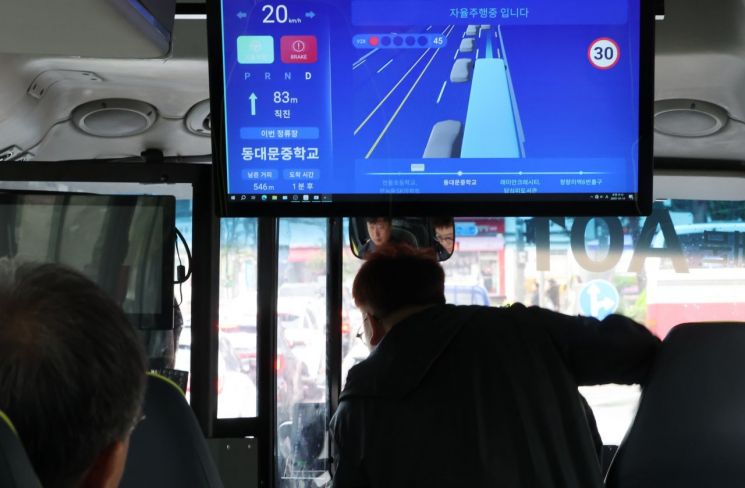
On the 14th of last month, a self-driving bus was operating on the road near Dongdaemun Middle School in Dongdaemun-gu, Seoul. The Dongdaemun self-driving bus “Dongdaemun A01,” which began operation that day, runs a round-trip route of 15 km between Janghanpyeong Station and Kyung Hee University Medical Center, serving a total of 23 stops. Photo by Yonhap News Agency
In addition, starting next year, dedicated graphics processing units (GPUs) for autonomous vehicles will be supported, and by 2029, an artificial intelligence (AI) training center will be established to assist companies with research and development. The government will support the development of end-to-end (E2E) technologies that enable autonomous vehicles to make decisions and control themselves based on AI-trained data, and will also establish specialized platforms and semiconductor production networks for autonomous vehicles. Universities wishing to nurture talent in advanced fields such as autonomous driving will be allocated increased enrollment quotas.
© The Asia Business Daily(www.asiae.co.kr). All rights reserved.
 Internet Connectz
Internet Connectz 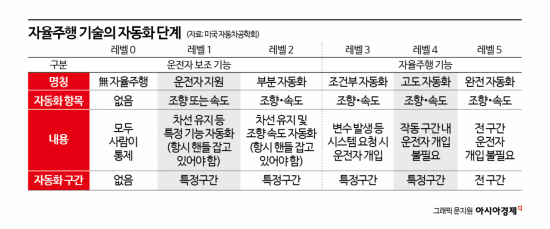
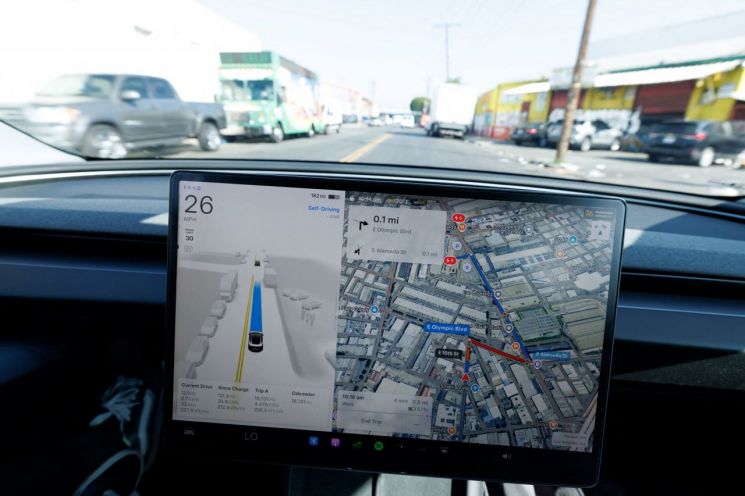

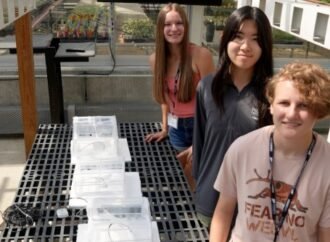




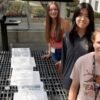



Leave a Comment
Your email address will not be published. Required fields are marked with *